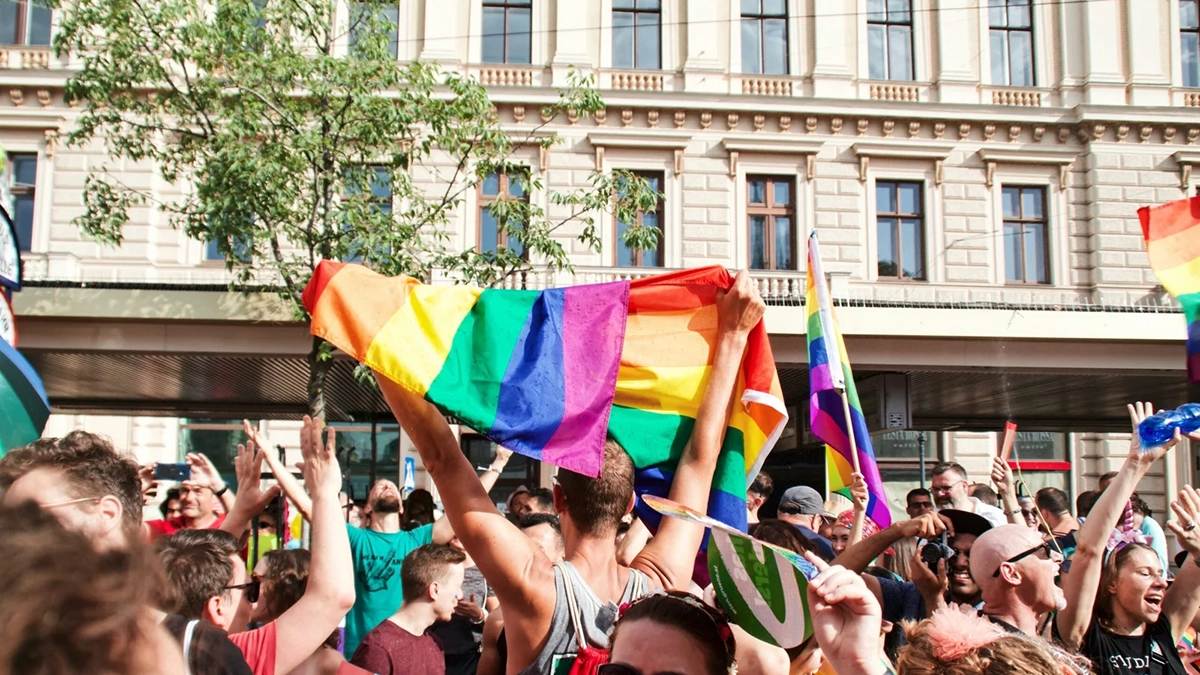
Why the Swedish Left Party Boycotted Helsingborg Pride
This decision highlights the intersection of activism, ethics, and political beliefs.
Introduction
The Swedish Left Party (Vänsterpartiet) made headlines recently with their decision to boycott the Helsingborg Pride parade, QX.se first reported. The reason behind this unexpected move has sparked significant discussion and curiosity. In this blog post, we delve into the reasons behind their decision and what it means for the LGBTQIA community.
The Role of Sponsorship
One of the main reasons the Left Party (Vänsterpartiet) chose not to participate in this year’s Helsingborg Pride parade was the involvement of corporate sponsors. According to Ingrid Mattiasson Saarinen, a prominent politician within the party, the decision was not taken lightly. The parade was sponsored by McDonald’s, a company that the Left Party claims has supported Israel amidst ongoing genocide in Palestine.
Political Stance and Ethical Considerations
The Left Party’s stance is deeply rooted in their political and ethical beliefs. Their decision to boycott the event underscores a broader commitment to international solidarity and human rights. The party highlighted that although they recognize the importance of supporting the LGBTQIA movement, aligning with sponsors who have controversial political affiliations was something they could not condone.
Implications for the LGBTQIA Community
While the decision has been met with mixed reactions, it brings to light the complex interplay between activism, corporate sponsorship, and ethical considerations. The Left Party acknowledges the ongoing struggle for LGBTQIA rights in Helsingborg and emphasizes that their boycott is a call to ensure that pride events remain true to their foundational values of inclusivity and justice.
In conclusion, the Left Party’s decision to boycott Helsingborg Pride was a reflection of their commitment to ethical consistency and international solidarity. It serves as a reminder of the importance of scrutinising the influences and affiliations behind public events, especially those advocating for social justice.
McDonald’s faced backlash on social media after announcing their food donation to Israeli soldiers, leading to significant protests and ultimately prompting McDonald’s to repurchase 225 franchise restaurants in Israel.







